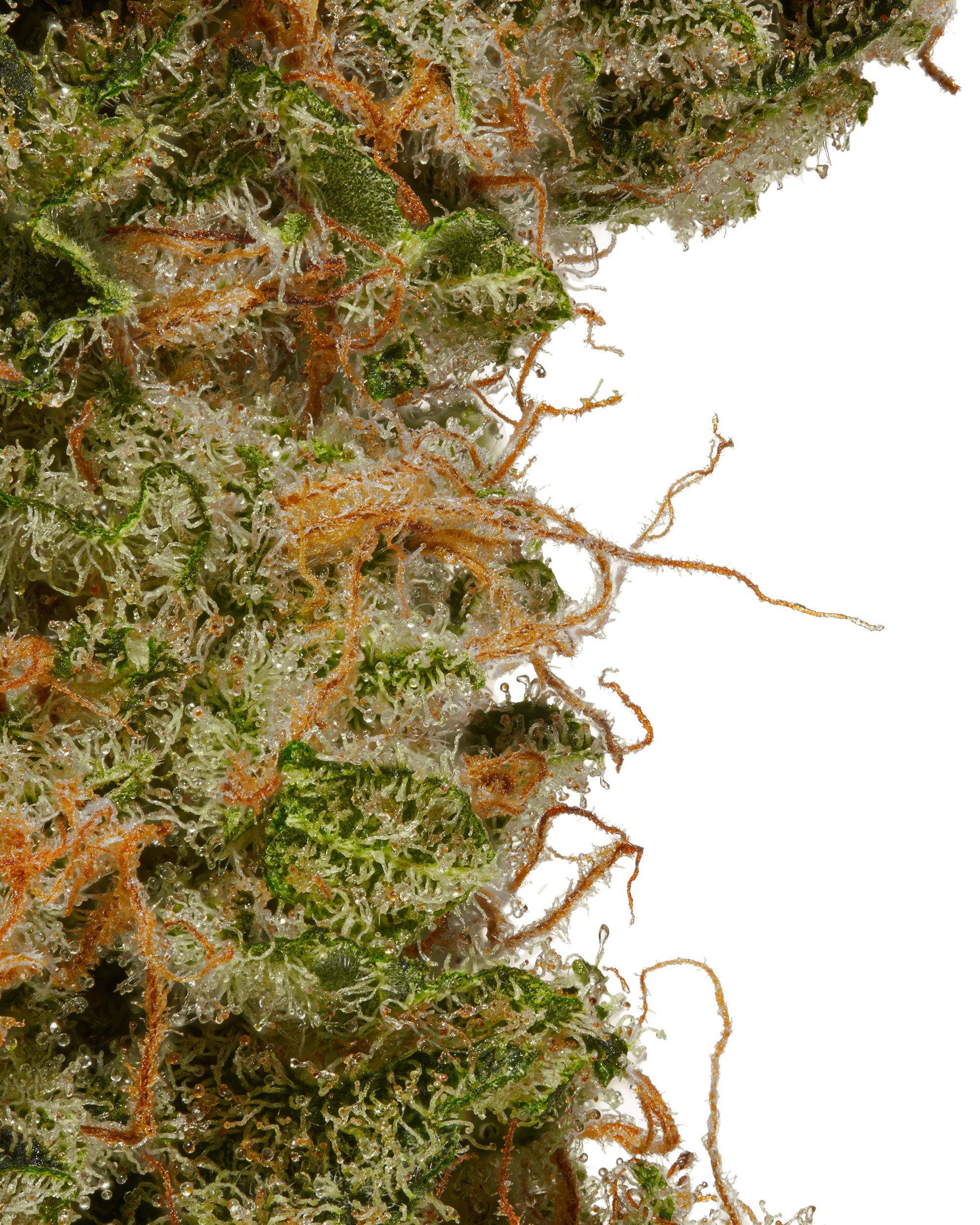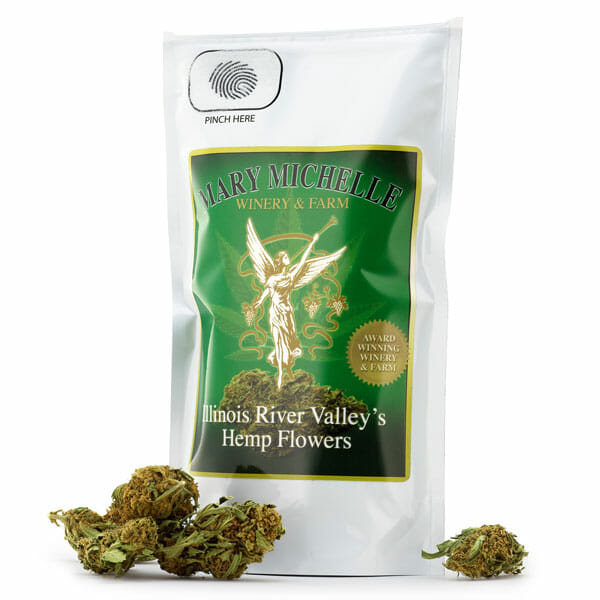In the world of cannabis, the landscape is constantly evolving, with new products and trends emerging regularly. One such trend that has been capturing the attention of enthusiasts and experts alike is the rise of THCA flower. This exotic thca flower has been gaining popularity for its unique properties and potential benefits, sparking curiosity and interest among consumers. But what exactly is THCA flower, and why is it becoming increasingly sought after?
Understanding THCA Flower: What Sets It Apart?
THCA, or tetrahydrocannabinolic acid, is a precursor to THC (tetrahydrocannabinol), the psychoactive compound commonly associated with cannabis. Unlike THC, THCA is non-intoxicating, meaning it doesn’t produce the “high” typically associated with marijuana consumption. THCA is found in raw, freshly harvested cannabis plants and is converted to THC through a process known as decarboxylation, which involves heat exposure.

The Appeal of THCA Flower: Exploring Its Unique Qualities
One of the main attractions of THCA flower is its potential therapeutic benefits. Some research suggests that THCA may possess anti-inflammatory, neuroprotective, and antiemetic properties, making it a subject of interest for medical cannabis users. Additionally, THCA is believed to have minimal psychoactive effects, making it appealing to individuals seeking the potential health benefits of cannabis without the euphoric high.
Rising Popularity and Consumer Demand
The increasing popularity of THCA flower can be attributed to several factors. Firstly, as cannabis legalization spreads, consumers are becoming more discerning about the products they consume, seeking out alternatives to traditional THC-rich strains. THCA flower offers a unique experience, providing users with the potential therapeutic effects of cannabis without the psychoactive side effects.
Furthermore, the growing interest in wellness and natural remedies has fueled the demand for products like THCA flower, which are perceived as more holistic and less invasive than pharmaceutical medications. With an emphasis on organic cultivation methods and sustainable practices, THCA flower appeals to environmentally conscious consumers looking for cleaner, purer alternatives.
Exploring the Diversity of THCA Flower Strains
Like traditional cannabis strains, THCA flower comes in a variety of cultivars, each with its own unique characteristics and effects. From uplifting sativas to relaxing indicas, there is a THCA strain to suit every preference and need. Some popular THCA flower strains include Hawaiian Haze, Tangie, and Wedding Cake, each offering a distinct flavor profile and terpene profile.
Navigating the Legality and Regulation
Despite its growing popularity, THCA flower exists in a legal gray area in many jurisdictions. While some states have legalized the cultivation and sale of cannabis products containing THCA, others still classify it as a controlled substance. As a result, consumers should familiarize themselves with the laws and regulations governing THCA flower in their area to ensure compliance and avoid legal issues.
The Future of THCA Flower: What Lies Ahead?
As research into the therapeutic potential of cannabis continues to expand, we’ll likely see even greater interest in THCA flower and other non-intoxicating cannabinoids. With advancements in cultivation techniques and extraction methods, the quality and variety of THCA flower products are expected to improve, catering to the evolving tastes and preferences of consumers.

Conclusion
In conclusion, THCA flower represents a fascinating and increasingly popular segment of the cannabis market, offering users a non-intoxicating alternative to traditional THC-rich strains. With its potential therapeutic benefits, diverse range of strains, and growing consumer demand, THCA flower is poised to become a mainstay in the world of cannabis consumption. As legalization efforts continue and research progresses, we can expect to see even more innovation and exploration in this exciting field.